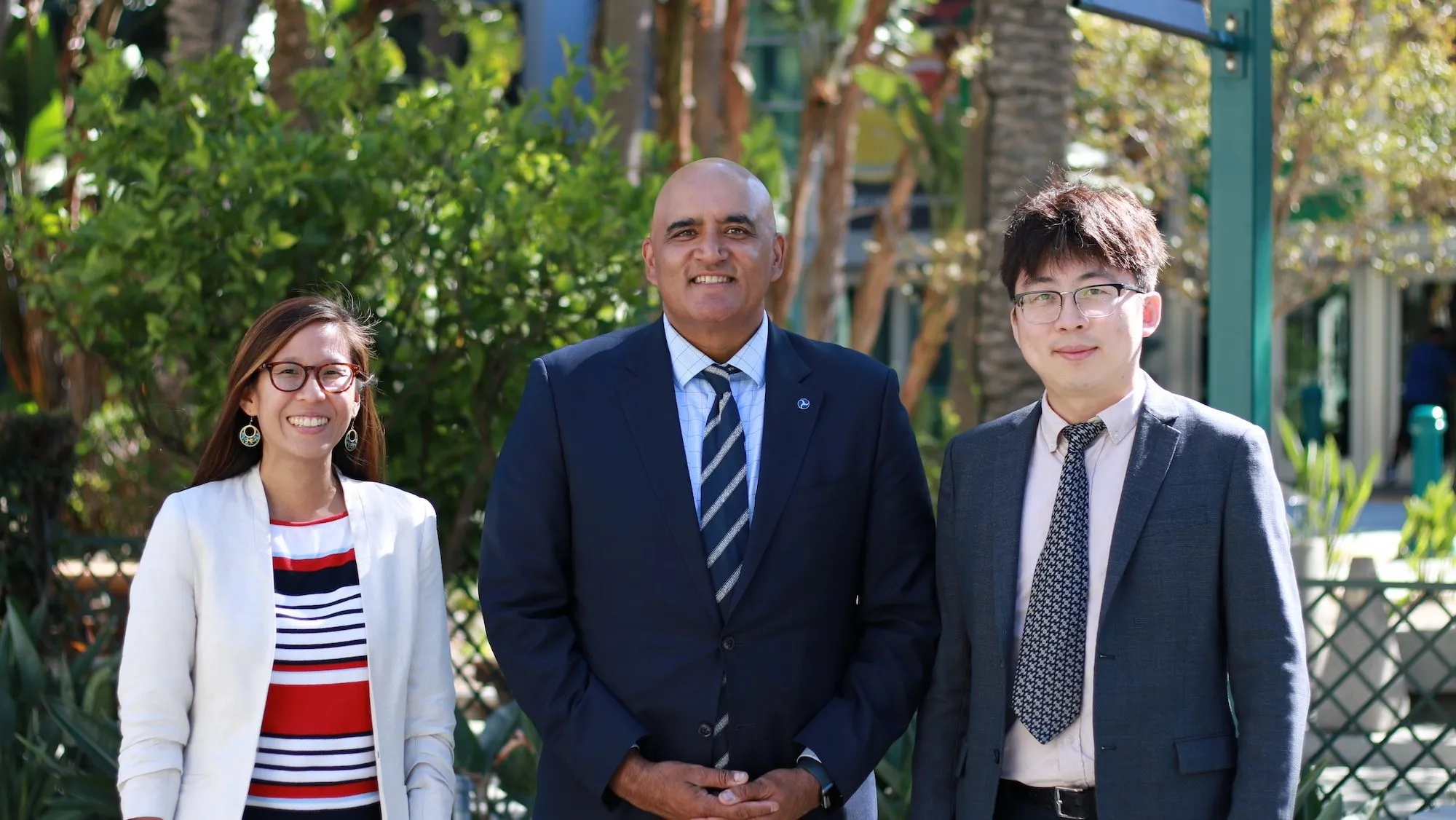Following the launch of Galileo, the European satellite navigation system, the European GNSS Agency, GSA, has launched the European Safety Critical Applications Positioning Engine (ESCAPE), project which aims to exploit the services offered by Galileo in the field of the automated driving.
The three-year, US$5.6 million (€5.4 million) project will coordinate some of the most relevant industrial and research institutions in Europe to create a positioning engine for highly automated driving.
ESCAPE is l
January 3, 2017
Read time: 1 min
Following the launch of Galileo, the European satellite navigation system, the 5810 European GNSS Agency, GSA, has launched the European Safety Critical Applications Positioning Engine (ESCAPE), project which aims to exploit the services offered by Galileo in the field of the automated driving.
The three-year, US$5.6 million (€5.4 million) project will coordinate some of the most relevant industrial and research institutions in Europe to create a positioning engine for highly automated driving.
ESCAPE is led by the Spanish company FICOSA in collaboration with partners from across Europe, including GMV from Spain, Renault and IFSTTAR from France, STMicroelectronics and Istituto Superiore Mario Boella from Italy.
The ESCAPE consortium aims to complete the development of a positioning engine by 2019, tailored to meet the safety requirements of those road transport applications that will involve automation and have the potential to harm or damage people and goods.
The three-year, US$5.6 million (€5.4 million) project will coordinate some of the most relevant industrial and research institutions in Europe to create a positioning engine for highly automated driving.
ESCAPE is led by the Spanish company FICOSA in collaboration with partners from across Europe, including GMV from Spain, Renault and IFSTTAR from France, STMicroelectronics and Istituto Superiore Mario Boella from Italy.
The ESCAPE consortium aims to complete the development of a positioning engine by 2019, tailored to meet the safety requirements of those road transport applications that will involve automation and have the potential to harm or damage people and goods.









